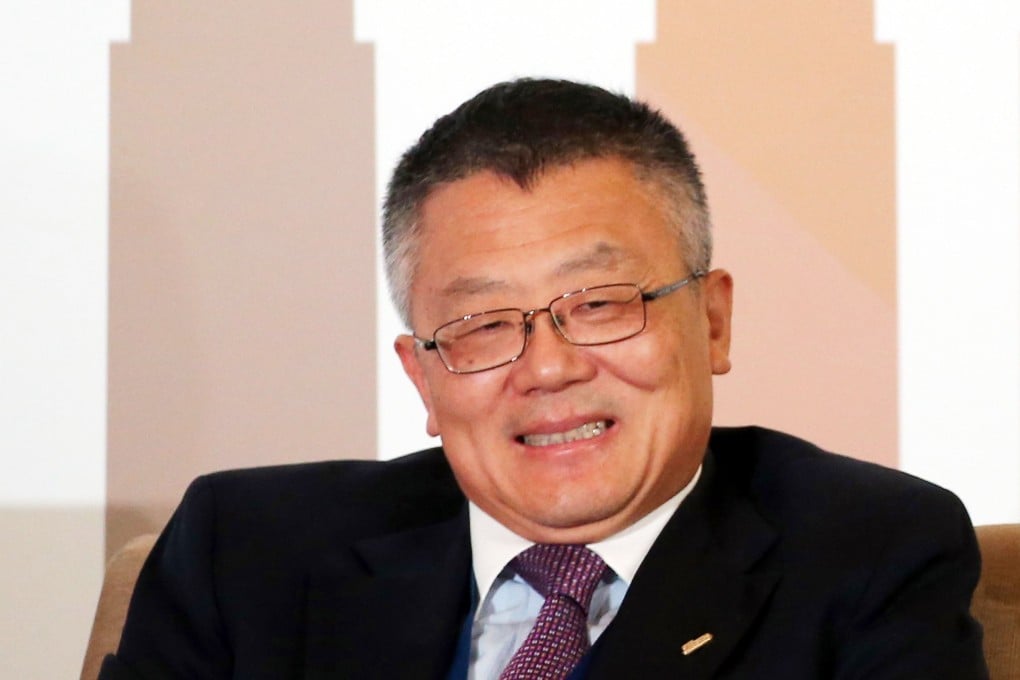Advertisement
Chinese-American academic Huang Jing denies spy recruitment of Singaporean Jun Wei Yeo
- Huang Jing – now a professor in Beijing – says claims by retired diplomat Bilahari Kausikan are ‘unreasonable’ and demands he prove or retract them
- Huang, who supervised Jun Wei Yeo at the National University of Singapore’s Lee Kuan Yew School of Public Policy, was banned from the city state in 2017
Reading Time:3 minutes
Why you can trust SCMP

A Chinese-American academic has denied recruiting Singaporean Dickson Yeo to spy for Beijing.
Professor Huang Jing poured water over accusations made by a retired Singaporean diplomat that he had recruited Yeo while supervising his work at the National University of Singapore’s Lee Kuan Yew School of Public Policy.
Yeo, also known as Yeo Jun Wei, last week pleaded guilty in a US court to providing information to Chinese intelligence and recruiting others to do the same.
Advertisement
Huang, an American citizen, had been Yeo’s PhD adviser before Huang himself was expelled from Singapore in 2017 over accusations he had tried to influence foreign policy for an unknown government.
Huang told This Week in Asia claims by the former diplomat Bilahari Kausikan that he was the Chinese “agent” who had recruited Yeo to spy for Beijing were “nonsense” and “unreasonable”, and demanded Bilahari either prove the comments or retract them.
He should either provide evidence or retract his comments. He owes me an explanation
Bilahari’s comments had been made on social media and were subsequently used by various media outlets in Singapore, Huang said.
Advertisement
Select Voice
Choose your listening speed
Get through articles 2x faster
1.25x
250 WPM
Slow
Average
Fast
1.25x